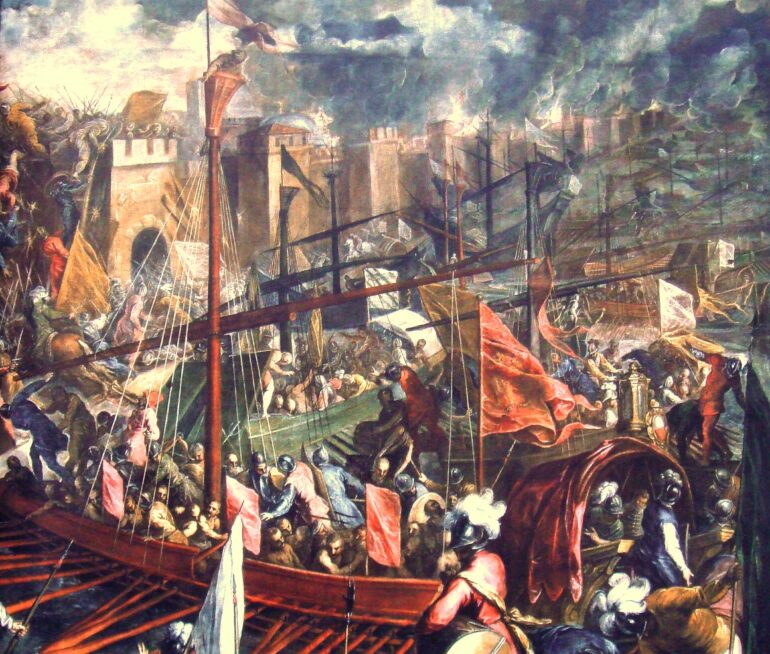Three events in the last few months has reinforced an idea that’s been percolating. They have also reminded me how much we can learn from our past.
The first event was during my book promotion. I was a guest on a podcast, and the host was amazed to hear people of faith actually lived and worked in Silicon Valley. Seriously, he was stunned to hear bible studies actually happened in the corporate offices of places like Google, Facebook, and Apple. I was equally stunned that this informed and well educated man in the Midwest perceived Silicon Valley as so, well, bizarre.
The second event was a conversation with a man in Alabama who couldn’t believe that I was a follower of Jesus AND was born/raised in the Silicon Valley region. The two just did not compute for him. To him, California was a wasteland of moral ambiguity or worse.
The third event was a conversation with a friend visiting California. He was from the Mid-Atlantic region, and he knew there were active believers in Silicon Valley. What he couldn’t get a grasp on was why they seemed so different. There were different attitudes toward dress and language, less focus on theology, more focus on inclusion, etc. Given the striking differences, was he seeing “young” believers who had not grown into the ways of Christianity, or an entirely new expression of Christianity?
I answered his question with a history story.
You probably recall stories about the crusades, which were a tragic waste of life. Over the centuries the crusades became more a geopolitical power play than a fight about faith, but that’s another lesson. Right now I want to focus on the Fourth Crusade, in 1204, when crusaders from Western Europe sacked Constantinople.
A lot of things led to this stupid result, but among them were confusion and disagreement between two different ways of expressing the same faith. Basically between one way of doing church and another way. You had the people who loved liturgy and incense, and the people who wanted contemporary music and lots of free parking. Okay, so that wasn’t the divide, but in some ways it sorta was.
Those “other” people wore weird robes, had slightly different theologies, presented themselves to their culture differently, and, well, they just spoke funny, you know? They didn’t read the same books or listen to the same music, and worse they thought your books and music were sacrilegious. They had different customs and calendars and felt perfectly at ease doing things you thought of as sinful.
The result? Constantinople was sacked. Christians fighting against Christians. Traditions and styles competing against other traditions and styles.
Now obviously I don’t see anyone sacking Silicon Valley (though I know people exist who like the idea). But I do see people metaphorically sharpening swords as they vilify new expressions of faith. And it goes both ways when early adopters of new ideas harshly dismiss older traditions.
Remember, just because you don’t understand it, doesn’t mean it isn’t understandable.
Final thought, maybe we should put down our swords and recite John 13:35, “By this all people will know that you are my disciples, if you have love for one another.”
Artwork titled The Taking of Constantinople, by Palma il Giovane.

